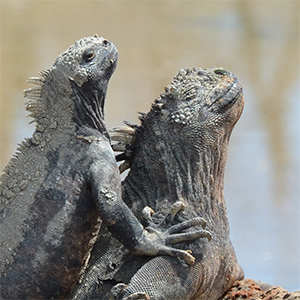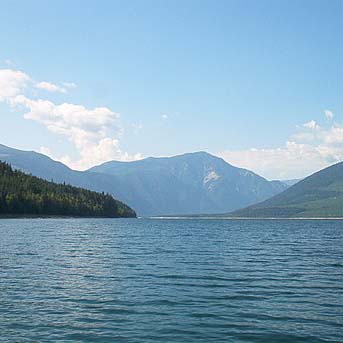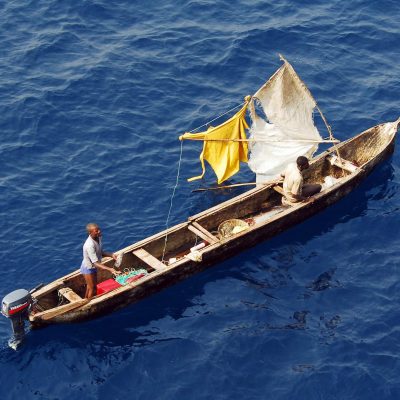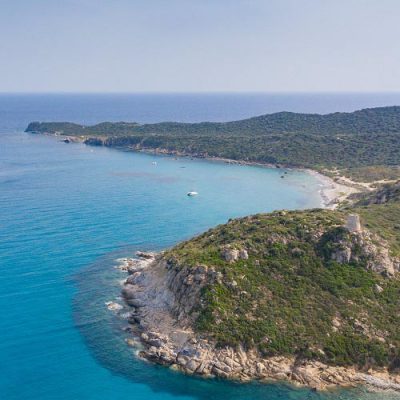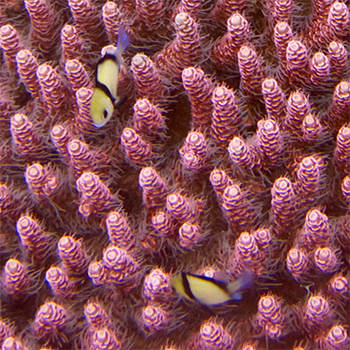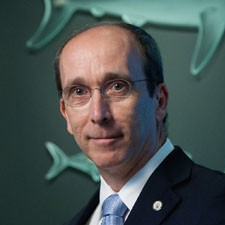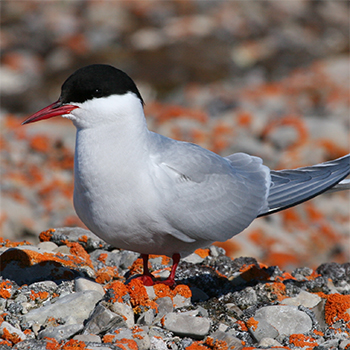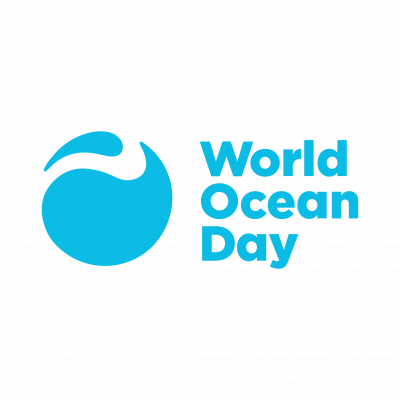Nature, society, and culture should be taken into consideration when dealing with climate change
The Nature Futures Framework (NFF) can include Indigenous stakeholders, local expertise, and different knowledge systems in conversation efforts.
5 things you can do to help BC’s marine ecosystems
In the face of declining fish stocks like sockeye salmon, marine heatwaves and massive coastal die-offs, it can sometimes feel as though protecting our ocean ecosystems is a hopeless task. But there are things we can do.
UBC-led team to find out how to feed the world while protecting nature with new grant
An international team led by UBC researchers will study five case studies across five continents to model a range of solutions to an urgent question: how can we feed everyone on Earth, and those to come, sustainably?
Protecting 30 per cent of the ocean by 2030 would barely impact fisheries
Sea Around Us presents a multi-objective solution that could lead to the protection of 89% of the ocean’s Representative Biodiversity Areas and 89% of threatened species or about 860 species, all while maintaining access to fishing grounds that provide 89% of the global catch.
Coral reefs are 50% less able to provide food, jobs, and climate protection than in 1950s, putting millions at risk
Global coverage of living corals had declined by about half since the 1950s and consequently, the diversity of species had also declined, by more than 60%.
Villy Christensen named Fellow of the American Fisheries Society (AFS)
Fellows are members who have made outstanding or meritorious contributions to the diversity of fields that are included in the American Fisheries Society.
Surprising insights into the migration pattern of world’s farthest-migrating species
The Arctic tern—which has the world record for the longest annual migration—uses just a few select routes, a key finding that could help efforts to conserve the species
World Ocean Day – Dr. Gabriel Reygondeau
Asking countries to carry an equal share of the load may be tidy from a legislative perspective, but it doesn’t do much for biodiversity
PROFILE: A universe of undiscovered viruses: Inside the Marine Virology and Microbiology Lab
People need to know that viruses, despite their frightening reputation, have a role to play in Earth’s many ecosystems.
